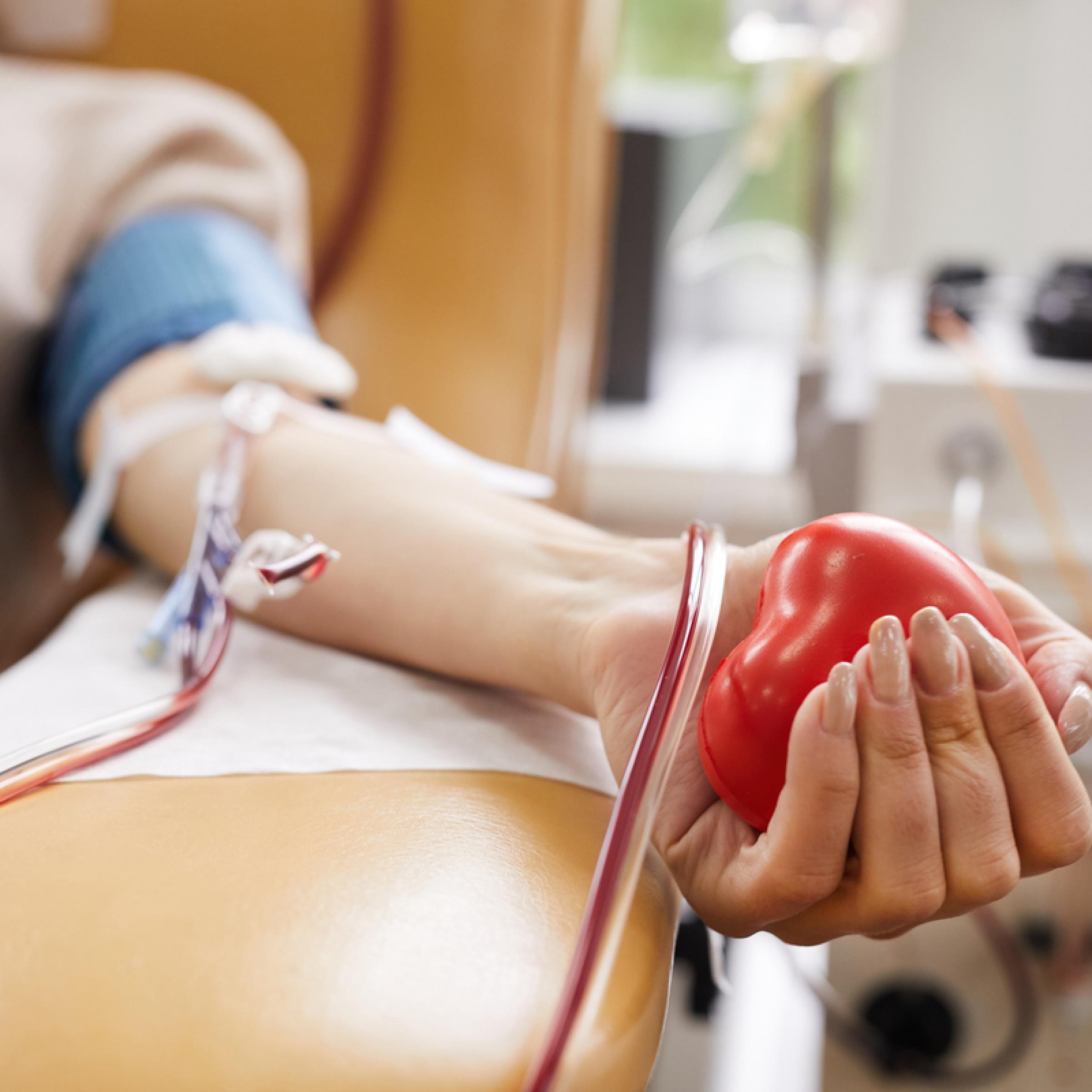The Gift of Life: Why Blood Donation Matters


Blood donation is one of the most selfless and life-saving acts a person can perform. A single donation can help save up to three lives, making it an incredible way to contribute to the well-being of society. Despite its importance, many people hesitate to donate due to misconceptions and lack of awareness. This blog will explore the significance of blood donation, its benefits, and how you can be a part of this noble cause.
Every two seconds, someone in the world needs blood. Blood transfusions are essential for patients undergoing surgeries, cancer treatments, accident victims, and individuals with blood disorders such as thalassemia and sickle cell anemia. Since blood cannot be manufactured, donations from voluntary donors remain the only source to meet these urgent needs.
To ensure safe and effective blood donations, certain eligibility criteria must be met. While specific requirements may vary by country, the general criteria include:
It is always best to check with your local blood bank or hospital for specific eligibility requirements before donating.
Blood donation is not only beneficial for recipients but also for donors. Some key benefits include:
If you are planning to donate blood, follow these simple steps to ensure a smooth and effective donation process:
Many misconceptions deter people from donating blood. Here are some common myths and the truth behind them:
Myth 1: Blood donation is painful.
Fact: The process involves only a mild prick and is generally painless.
Myth 2: Donating blood weakens the body.
Fact: The body replenishes blood within 24-48 hours, and regular donors remain healthy.
Myth 3: You can contract diseases from donating blood.
Fact: Sterile and disposable equipment is used, ensuring complete safety.
Blood donation centers and hospitals regularly organize blood donation drives. You can also donate at:
Most centers follow strict safety guidelines to ensure a smooth and hygienic process.
Blood donation is a noble act that costs nothing but means everything to those in need. By donating blood, you are giving someone a second chance at life. If you are eligible, consider becoming a regular donor and encourage others to do the same.
Every drop counts, and together, we can save lives. Be a hero, donate blood today!